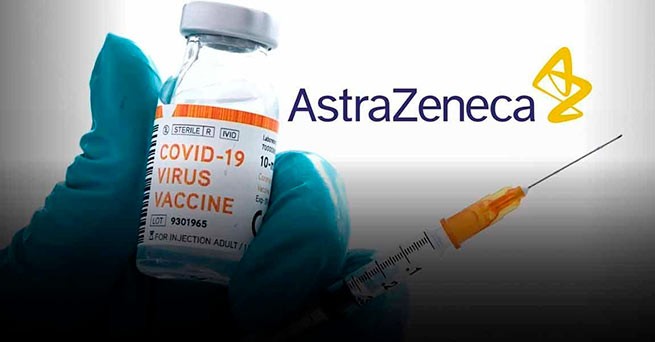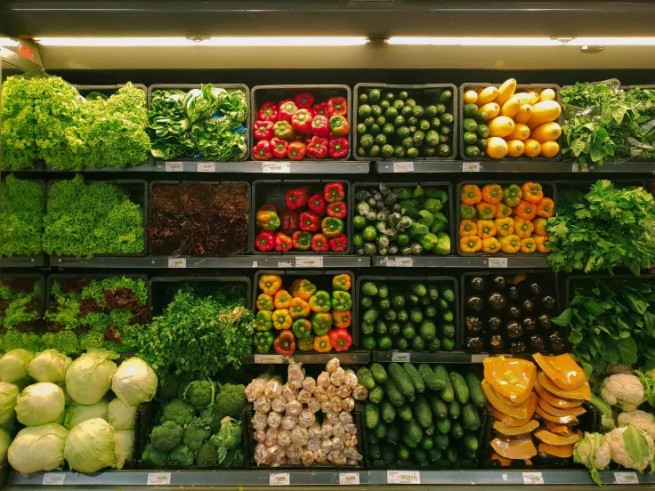Milk produced by Greek goat breeds will be certified in Greece for the first time. The goal is to produce dairy products that are certified accordingly.
Goat’s milk is whiter than cow’s milk. There is a legend according to which the god Zeus was fed with the milk of a goat named Amalthea. Since ancient times, magical properties have been attributed to goat milk. So, in ancient times it was believed that its use contributes to the restoration of the body after serious illnesses. In ancient Rome, goat’s milk was used to treat the spleen.
Currently for the first time work is underway to certify in Greece milk produced by goats of Greek breeds. Its goal is to produce certified products from this milk.
In Greece today there are 5 million goats, and thus our country ranks first among the EU countries in terms of the number of species (32%), writes newsbeast.gr.
This, apparently, was one of the reasons for the start of cooperation between the Veterinary Research Institute of Thessaloniki at ELGO Dimitra with the Animal Science Laboratory of the Aristotle University of Thessaloniki and with private companies in the area, in the context of the Graega Cheese project (registration of Greek goat breeds and certification milk, from the production stage to the production of quality cheese products).
The samples required for certification have already been collected from approximately 19 farms from 327 animals, which will then be counted and analyzed. The samples were taken from domestic animals – black goats of Chalkidiki, as well as goats from Skopelos, etc. This was announced by Ioannis Sakaridis, veterinarian, researcher at the Veterinary Research Institute of Thessaloniki at EΛΓO/.
“We want to find at the molecular level, using DNA techniques, a way to distinguish milk from foreign goat breeds compared to Greek breeds. In fact, we will “read” the DNA of the main six breeds of goats and compare them with foreign ones. Thus, a traceability standard will be created, thanks to which Greek goat farms will receive the appropriate certification that will accompany the milk throughout the entire production line of any product. This has never happened before in Greece,” the specialist emphasized.
In addition, the Graega Cheese project, named after GR, meaning Greece, and aega, meaning goat, will developed a chemical method for detecting adulteration of milk. In this way, exogenous sugars or proteins added to milk will be detected. “This standard will be used by producers, cheese dairies, initially by Σταμάτης Προίκας ΑΕ and ΚΕΡΑΣΣΑ as part of the program. After that, the project will be open to all cheese factories that want to produce certified dairy products from Greek goat breeds,” commented Mr. Sakaridis.
Benefits of goat milk
Goat milk contains about 40 biological components necessary for the human body. The most significant vitamins are A, C, B1, B2, B6, B12, amino acids, enzymes and trace elements.
Goat milk is indicated for children suffering from food allergies, with a weakened body. In pediatrics, this milk is used as a treatment for diarrhea in newborns. Goat milk is widely used in artificial breastfeeding.
Recent studies conducted in the field of nutrition show that drinking goat’s milk is beneficial not only for babies, but also for adults. In the human body, goat’s milk behaves differently than, for example, cow’s milk. Thus, the clot formed in the stomach during the digestion of goat’s milk is much less dense, which facilitates its processing by digestive enzymes.
This milk is considered a medicinal product and is used in the treatment of metabolic disorders, as a means of preventing colds and helping to cure cancer. Goat milk improves blood circulation, increases male potency, accelerates the process of organ regeneration.
Goat milk contains a lot of potassium, the role of which is especially great in the activity of the cardiovascular system. Goat’s milk, like cow’s milk, does not contain very much iron, but iron from it is absorbed much better. (30%) than from cow (10%), but does not reach the level of absorption of iron from human milk (50%).
Contraindications:
Individual intolerance.
Calorie content and nutritional value:
goat milk calories – 66.7 kcal.
Nutritional value of goat milk: proteins – 3 g, fats – 4.2 g, carbohydrates – 4.5 g.







More Stories
The e-katanalotis platform is up and running. How to use it
Eurostat: inflation in Greece and the eurozone
How banks will work on holidays leading up to Easter